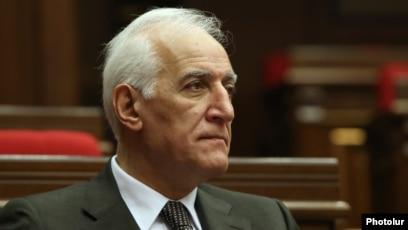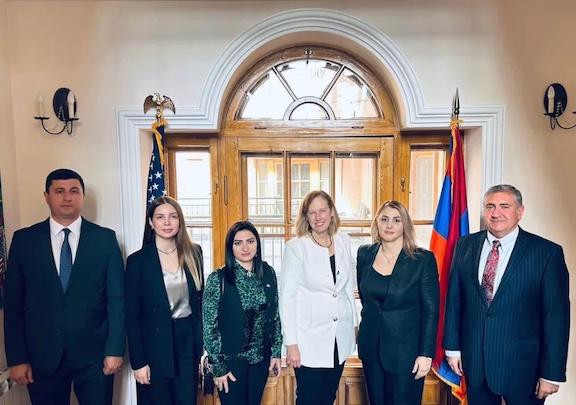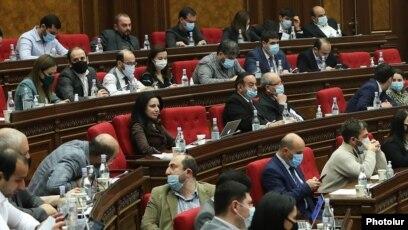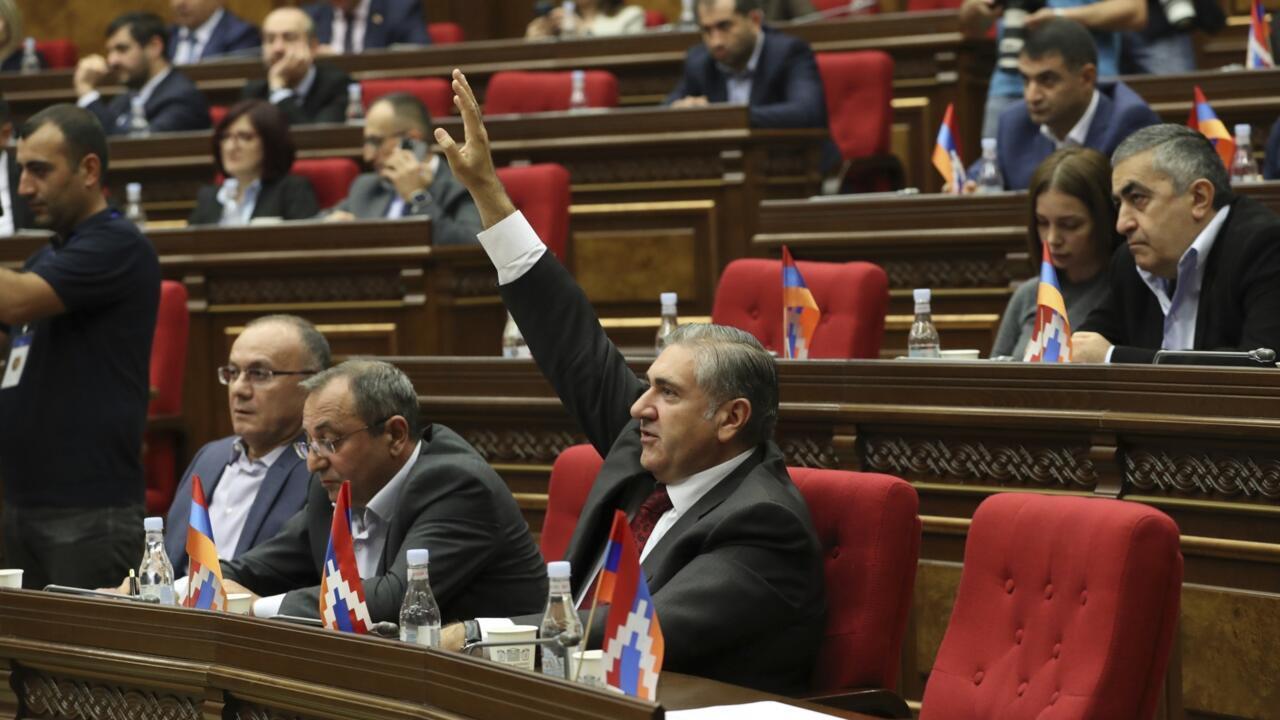Armenian Parliament Erupts into Chaos as Tensions Escalate Amid Crackdown
In a surprising eruption of anger and frustration, Armenian lawmakers clashed violently in the parliamentary chamber, illustrating the deepening rifts within the government’s political landscape. The chaos unfolded as opposition members accused the ruling coalition of implementing a systematic crackdown on dissenting voices, prompting a fierce response. tensions have reached a boiling point, with shouts echoing throughout the halls as representatives jostled for position, some even resorting to physical confrontations. This latest incident has drawn widespread condemnation, highlighting concerns over the erosion of democratic principles in a country already grappling with political instability.
As the government intensifies its efforts to silence political opponents, key figures associated with the opposition are facing harassment and intimidation. The following issues have surfaced from this escalating conflict:
- Restrictions on Freedom of Speech: Many journalists and activists report increased censorship and arrests.
- Unfair Legal Practices: Opposition leaders are facing charges viewed as politically motivated.
- Public Outcry: Citizens have begun organizing protests to oppose the government’s actions and to demand accountability.
This brawl not onyl represents the physical manifestation of political discontent but also serves as a stark warning about the future of governance in Armenia as the societal divide continues to widen.

The Government’s Strategy: Analyzing the Political Climate and Its Implications
The recent skirmish among Armenian lawmakers reflects a broader and more troubling trend in the nation’s political arena. As the government intensifies its efforts to stifle dissent, the underlying tensions among political factions have erupted into physical confrontations. This atmosphere of hostility can be attributed to several key factors:
- Increased Repression: The ruling party has ramped up its measures against opposition figures, employing tactics that undermine democratic processes and erode civil liberties.
- polarized Public Opinion: citizens are deeply divided on issues of governance,leading to heightened confrontations among conflicting groups.
- International Scrutiny: External forces,including foreign governments and NGOs,have begun to call attention to human rights violations,complicating the government’s position both domestically and abroad.
As political parties grapple with the implications of this brawl, the ramifications extend far beyond the parliamentary chamber. The public’s disillusionment is palpable, with many questioning the legitimacy of leadership that resorts to violence to maintain power. In this charged environment, future policy decisions and legislative progress hang in the balance, as the balance of power within the government continues to shift in favor of the ruling party. Observers must now consider how this increasingly aggressive political landscape will influence Armenia’s democratic integrity and its relationship with the international community.

Impact on Democratic Processes: Considering the Effects of Government Repression on Civil Society
The recent brawl among Armenian lawmakers highlights a troubling trend as the government intensifies its crackdown on political dissent. In an environment where freedom of speech and political plurality are increasingly under threat, the erosion of civil society becomes evident. Lawmakers, embroiled in physical confrontations, symbolize the deepening divide within the political landscape. The physical altercations reflect more than just discord among individual politicians; they signify a broader struggle against a backdrop of governmental repression that seeks to silence opposition voices. As the ruling party augments its tactics, the implications for democratic institutions grow concerning, with allegations of intimidation and harassment surfacing against dissidents and activists alike.
This environment of hostility undermines the democratic processes fundamental to a healthy civil society. Repression may yield short-term control, but it ultimately stifles public discourse and political engagement. Citizens witnessing such turmoil may become disillusioned with politics, leading to apathy or radicalization. Significant aspects include:
- Decline in voter trust: Citizens may question the legitimacy of their government.
- Suppression of new ideas: A lack of diverse viewpoints hinders problem-solving and innovation.
- Marginalization of civil activists: Reduced platforms for civil society organizations limits their effectiveness.
The overall consequence could be a further stagnation of democratic values and norms, leaving Armenian society grappling with the aftermath of a compromised political system.

Path Forward: Rebuilding Political Dialogue and Fostering Reconciliation in Armenia
The recent spate of violence within Armenia’s parliamentary walls highlights a deepening rift in the country’s political landscape. in these moments of chaos, the very fabric of democratic discourse is at stake, revealing the urgent need for constructive dialogue aimed at bridging divides. Lawmakers must reimagine their approach to governance-one that prioritizes collaboration over confrontation. Effective measures to foster this conversation could include:
- Establishing bipartisan committees to address key national issues, facilitating constructive engagement across party lines.
- Engaging civil society in the political process, harnessing diverse perspectives to enrich policy discussions.
- Promoting dialogue forums that allow citizens to voice their concerns, enhancing transparency and accountability in governmental actions.
Rebuilding trust within the political sphere will not be a straightforward endeavor, but it is indeed vital for Armenia’s future. As the government intensifies its crackdown on dissent, the realization of a united front, guided by common goals and aspirations, becomes even more crucial. the pathway toward reconciliation demands not only political will but also a societal commitment to heal past wounds. Potential strategies to bolster this reconciliation may involve:
- Organizing nationwide discussions focusing on shared grievances and collaborative solutions.
- Implementing restorative justice initiatives that recognise the importance of acknowledging past injustices.
- Encouraging grassroots movements aimed at building community resilience and solidarity, thereby reaffirming social bonds.
